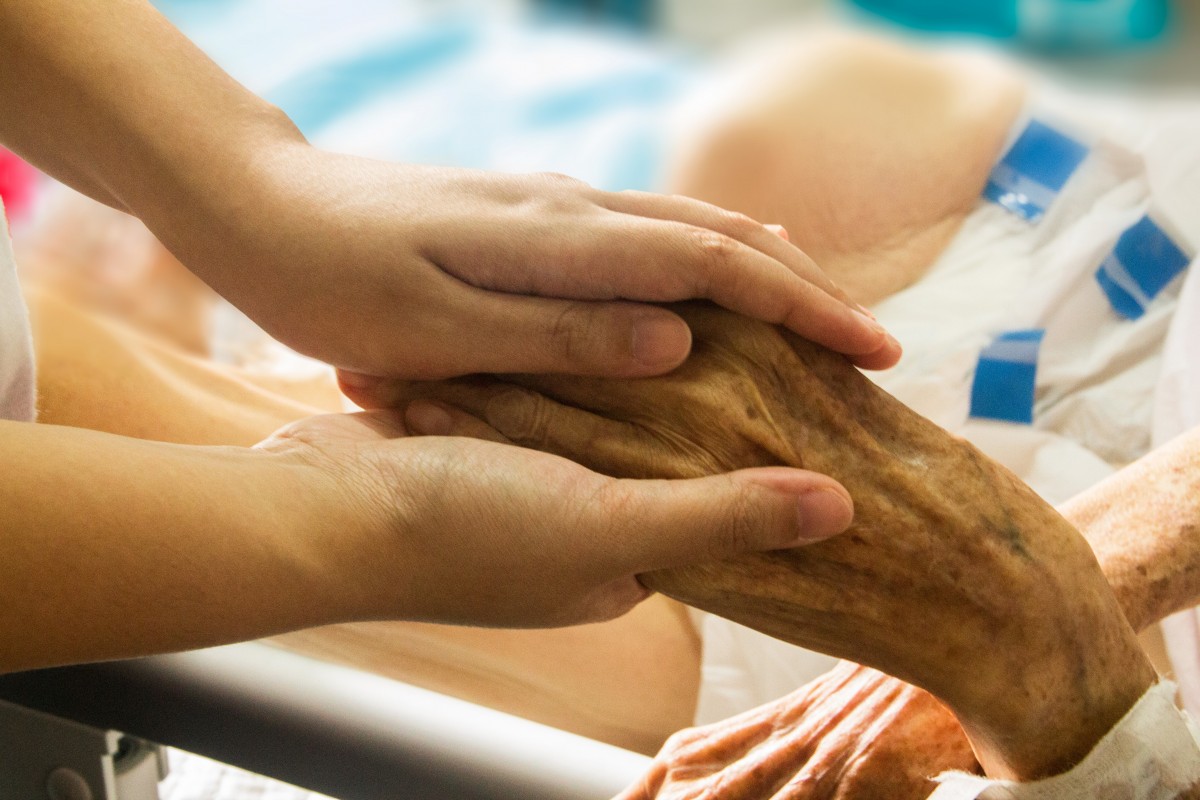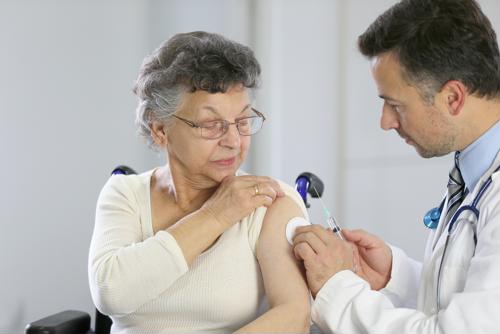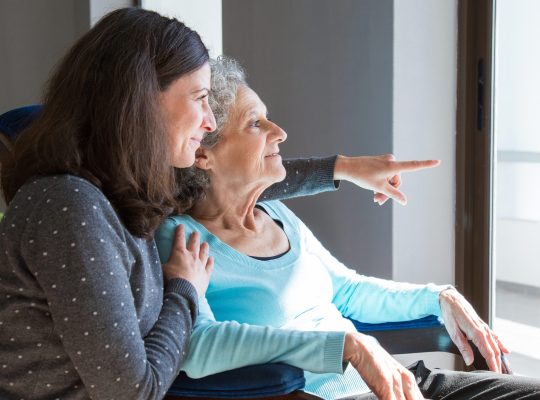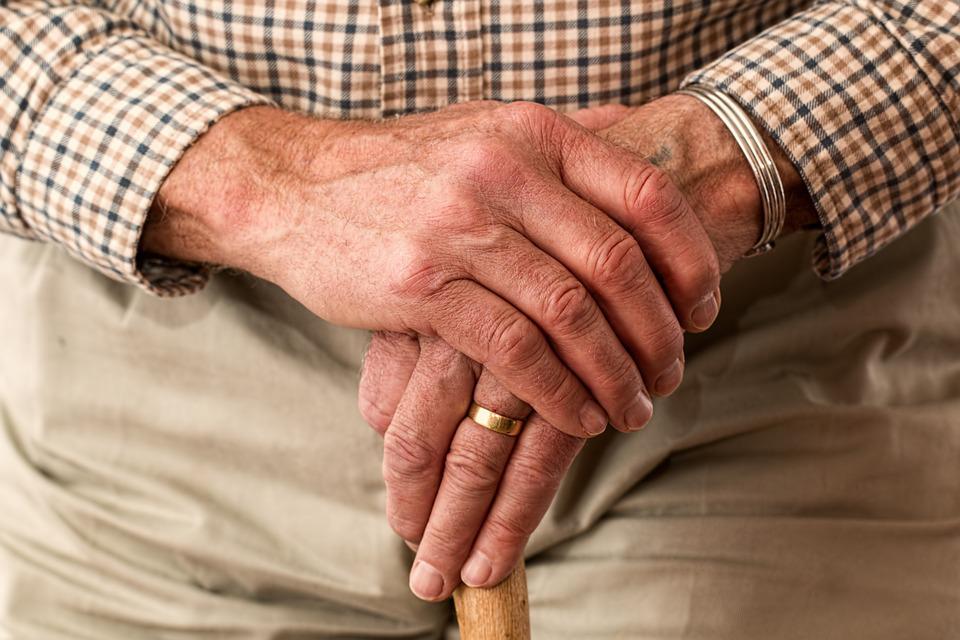Palliative Care: Helping Patients at the End of Life
Summary
– Palliative Care Unit: Helping Patients at the end of life
– The Palliative Care Unit medical team
– Volunteer palliative care providers
– Palliative Care Unit: inpatient or at home?
– Palliative Care Unit admission: limited space
The palliative care unit is a follow-up care and rehabilitation facility, like other rest and care homes:
Palliative care unit: helping patients at the end of life
Palliative care units are specialized medical care facilities for people nearing the end of life.
Its goal is to provide active care to people with severe, progressive, and terminal illnesses.
The essential mission of palliative care units is to
– relieve the patient’s extreme pain at the end of life,
– alleviate the patient’s psychological suffering,
– to safeguard their dignity,
– to support their family and friends.
The care of patients is carried out after the acute phase of hospitalization (medical or surgical) on discharge.
The follow-up care is established at each patient’s rhythm and corresponds to their specific needs.
The medical team of the palliative care units

The palliative care units comprise a medical, psychological, and social team present 24 hours a day to provide care.
This team strongly supports the patient and family.
There are mobile palliative care teams whose role is to
– to provide help and support to the patient and their family,
– psychological and psychosocial support,
– to advise caregivers to accompany the patient at the end of life,
– raise awareness of palliative care and ethical reflection.
Profile of palliative care providers:

Multidisciplinary and interdisciplinarity are essential in palliative care. In the palliative approach, the patient is at the center of a system around which many stakeholders are called upon to play a role in interrelation. There are doctors, nurses, care assistants, physiotherapists, social workers, psychologists, home support workers, volunteers, occupational therapists, speech therapists, etc.
The action of the accompanying volunteers:
One of the particularities of palliative care work is the importance of volunteers. There are many associations in the USA, two-thirds of which are grouped within the Union of Associations for Development of Palliative Care. This societal associative movement has often been at the origin of professionals’ awareness of the need to set up palliative care.
The foundation of volunteer work is, above all, a relational dimension. The volunteer is present, available, to listen, sometimes breaks the solitude of the person facing illness and death. They do not replace the caregivers or the loved ones of the ill person. The companion is a witness, a human being who expresses their solidarity with another human being while respecting the differences and the wishes of the person being accompanied.
Thanks to training and discussion groups, listening is at the heart of the commitment of the accompanying volunteers.
Palliative care unit: inpatient or at home?

There are two types of palliative care units (PCUs).
Inpatient: small palliative care units
Palliative care units are full-fledged hospitalization structures with about 10 beds.
These beds are dedicated to palliative care and to accompanying patients.
They welcome patients in the most challenging situations and for a limited period.
Palliative care units (PCUs) at home
Some patients prefer to spend their last moments at home with their loved ones. In this case, the hospitalization is carried out at home for those patients who wish it.
The patient must benefit from:
– a supportive environment,
– a mobile palliative care team
– an attending physician.
However, it is also possible to return to a hospital facility.
Palliative care networks maintain the link between all the professionals who care for the patient.
Admission to a palliative care unit: little room
The patient’s attending physician must be approached to obtain admission to a palliative care unit.
It is often ensured by the social services, who also take care of the transfer of the patient.
Please note that there are no palliative care units in all regions.
The links below may be helpful:
- Palliative Care Provider Directory;
- Global Directory of Palliative Care Institutions and Organizations.








[…] – Palliative Care Unit: Helping Patients at the End of Life; […]